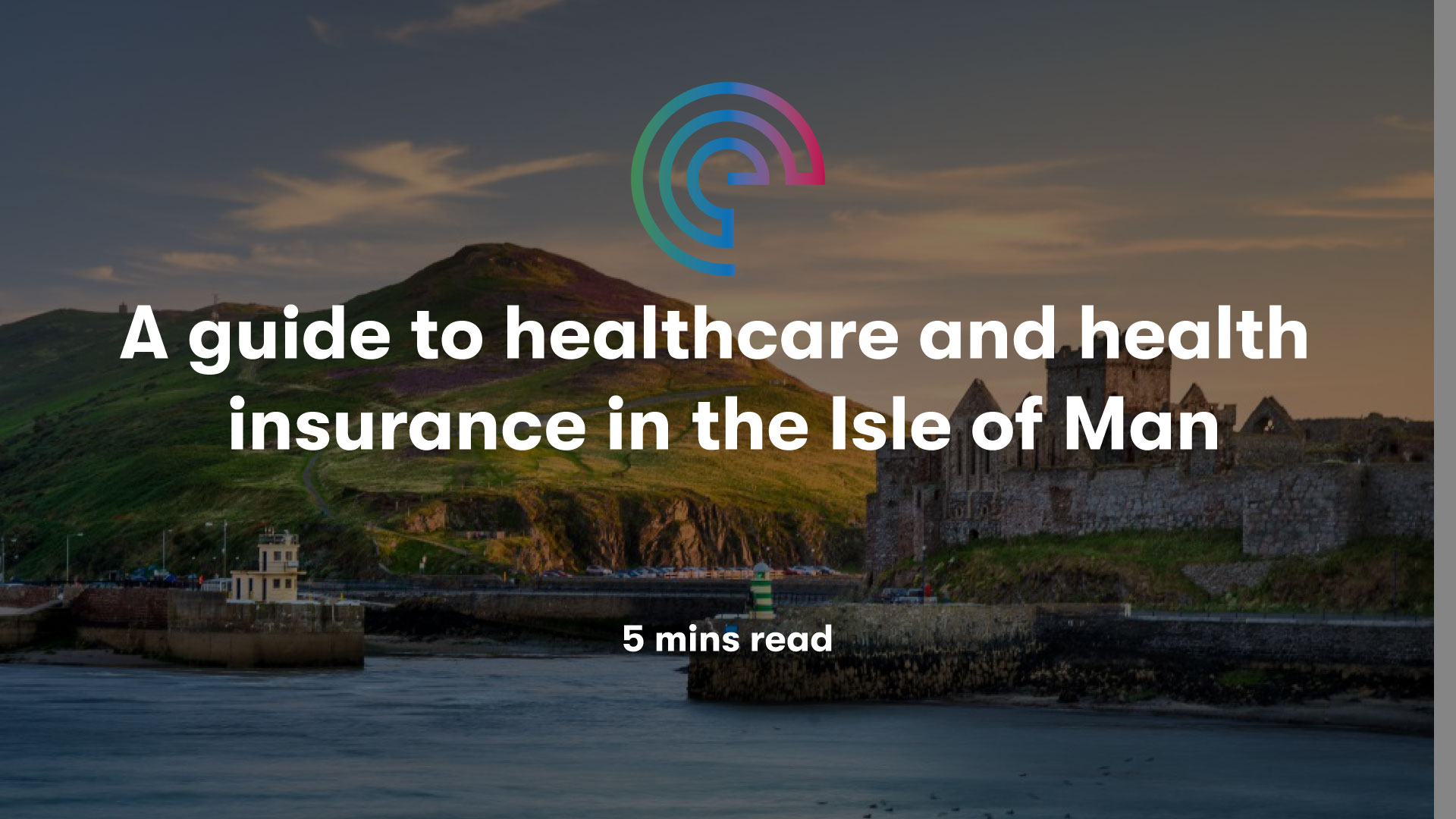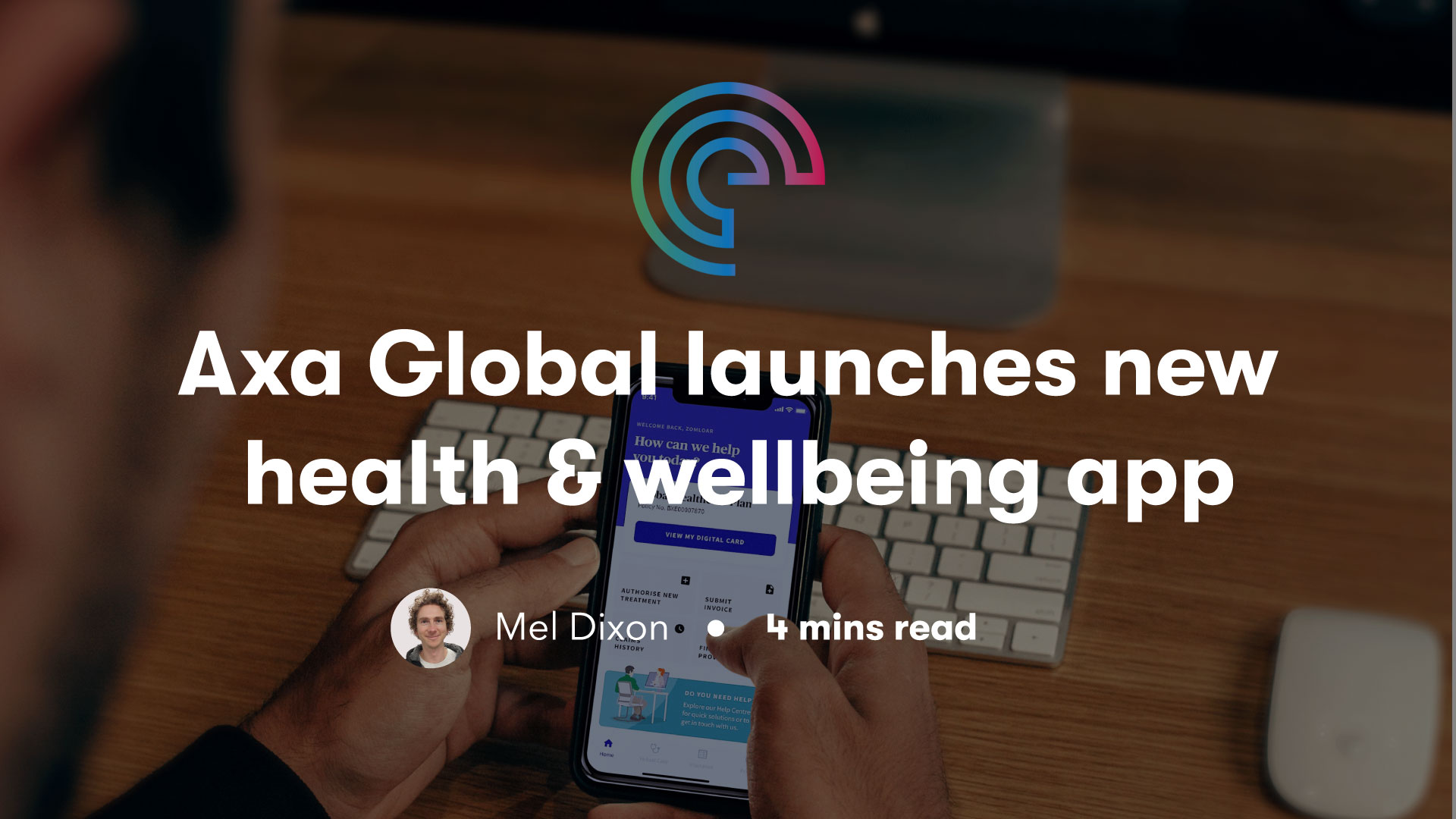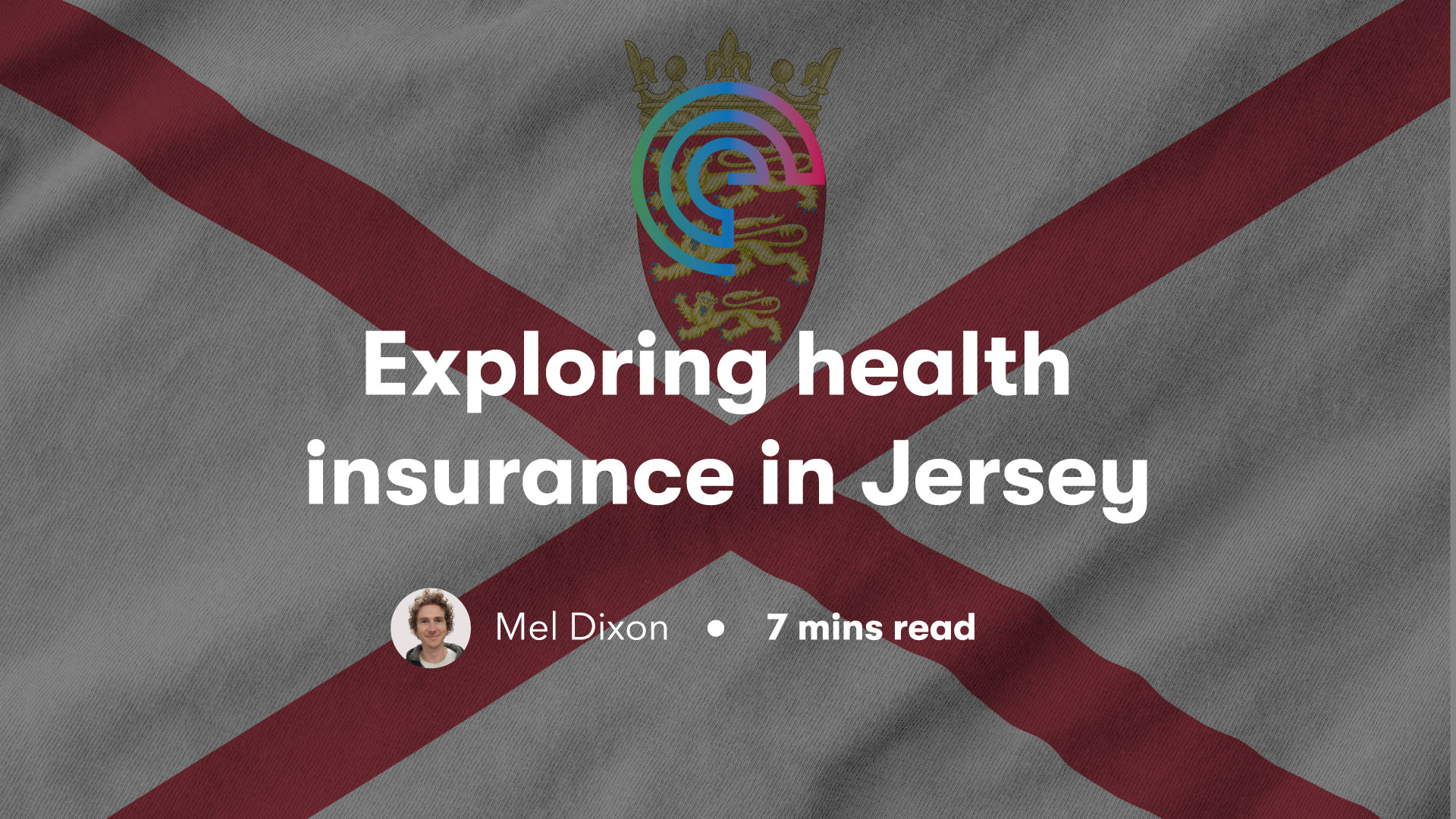Aetna International, one of the leading International Health Insurance providers, hosted their first virtual conference last week to their key partners.
As well as being a great day and a chance to connect with the Aetna International team, we were provided updates on claims trends being seen during COVID-19 as well as details on how Aetna are working to simplify and improve member resources for their International Health Insurance members.
Key updates
- Donal O’Leary, Vice President International Actuarial & Underwriting, talked us through Aetna’s commercial experience to date and their view of the situation moving forward.
- COVID-19 presents a complex and moving picture when it comes to assisting the commercial impact on the International Health Insurance market.
- Firstly, in a pandemic situation there is ultimately a finite exposure as there is only a certain number of private beds and treatments available. There are a few factors that vary the impact seen as the pandemic rolls through over time and in difference regions;
- Chronic conditions – it is still unclear which chronic conditions will develop and linger on after the initial illness and we are unlikely to fully understand this impact for a year
- How long the pandemic lasts for – clearly the longer the situation goes on for, the higher the commercial exposure
- Government support – This varies greatly by region and can also fluctuate, however good levels of government support allows firms to maintain benefits and staffing levels, holding up the revenue line.
- The claims experience has varied significantly between countries with some markets experiencing significantly depressed claims for the first half of 2020, but others less so. Elective treatments have had the largest drop in March and April and are now returning to normal levels in markets initially heavily impacted.
- Asia and the EMEA (Europe Middle East & Africa) regions have experienced the largest impact in H1 and this has driven some key learning;
- Between March and May Aetna were seeing the stockpiling of medicines, what would usually be a 30 day prescription was coming in as a 90 day prescription,
- The claims mix changes with less small claims, however more serious, high cost claims were less suppressed, particularly for cancer, heart conditions, strokes etc.
- There has been some evidence of providers looking to recoup some of their losses via overcharging, an example given was a Russian hospital looking to charge for a CT scan for routine dental work. Their teams are now particularly vigilant to ensure they pick up this type of behaviour.
- Evacuation benefit is included in all of Aetna’s International Health Insurance plans and these costs have been the main unplanned increase. Usually evacuations would be a mix of commercial flights and specialised medical transport which is much more expensive. Due to the lockdown of main countries, medical transport has been one of the only ways to move patients driving a significant increase in the use of private jets and a spoke in claims cost.
- Aetna hasn’t experienced any bad debt yet, however if there is a second wave them government support will play a large pat in if that continues to be the case.
- While claims have been lower, they aren’t as low as they had expected due to the reasons outlined above.
- In the 2nd half of the year there is an increasing financial risk as delayed treatments catch up, although this may be a fairly smooth increase as people will still be anxious about going to some hospitals.
- Supporting the increase in claims in H2 will be the adjustments that private hospitals have made in the last few months are initially being caught cold by the virus. They have now successfully introduced social distancing and introduced safe practises to be able to reopen within the current rules and well as significantly increase virtual client support.
- Aetna expect there will be a significant increase in testing this winter as symptoms of common cold and flu are confused with COVID-19.
- Aetna’s V health Virtual Doctor solution has, as you would expect seen an increase of almost 800% since global lockdown’s were put in place. This is partly fuelled by their decision to offer this to all of their members, whether it was originally included in their International Health Insurance plan.
- Aetna expect this to drop off as lockdown’s ease, however they expect this to stay much higher than it was previously as the NPS score and feedback from the service has been so positive, so they foresee a behaviour change moving forward.
- In EMEA Aetna have been providing premium credits to community rated SME clients to reflect the reduction in claims between April and June. They are committed to dealing with this as fairly as possible and pass back any profits they were not planned to make.
- Aetna is focused on long term pricing sustainability and supporting their client relationships at this time.
- For larger experienced rated groups they will be deducting April – June form the experience for that year and looking tin introduce profit shares to pass back unplanned profit.
To round off…
The experience has varied by country and Aetna haven’t experienced the drop in claims that they would have expected to, given the lockdowns in place, this has been driven by the broadly stable serious health claims and a spike in evacuation cost. Aetna are committed to not making any financial gains from the pandemic and will pass back any additional profits they make.
Engage International is the specialist International team at Engage Health Group, supporting expatriates and high net worth clients with International Health Insurance, as well as offering a full range of broking and consultancy for businesses with an international footprint.
If you have any International health Insurance needs or which to discuss this article, or the broader International Employee Benefits market in further detail please get in touch.









